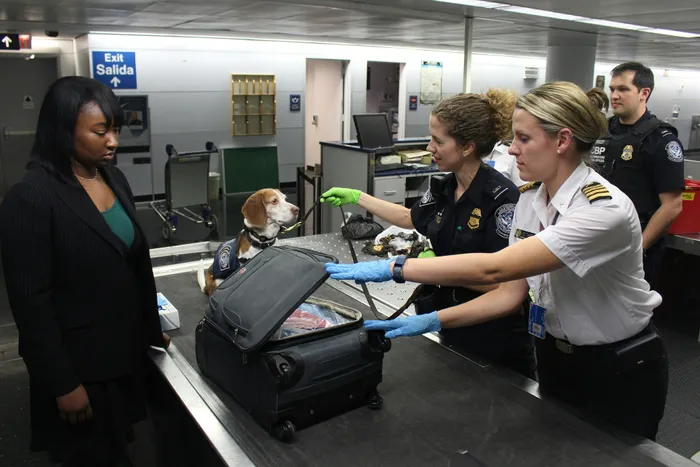
Avoid deportation when travelling to the US - and theimpact of your social media on your status.
Image: Unspash
Planning a holiday or work trip to the United States? You may want to double-check your social media first. In today’s increasingly politicised travel environment, tourists, including South Africans, are being cautioned to think twice about what they’ve shared online before stepping onto a flight.
A recent case involving a young Norwegian traveller has sparked global debate. Mads Mikkelsen, a 21-year-old tourist, says he was stopped at Newark Liberty International Airport in June and denied entry after US immigration officials browsed through his mobile phone and found a meme mocking the American Vice President, J.D. Vance.
According to Mikkelsen, he was interrogated, forced to give up his phone password under threat of fines and imprisonment, and later sent back to Norway without setting foot beyond the airport.
Although U.S. authorities deny that the meme was the reason for the deportation, citing Mikkelsen’s alleged past drug use instead, the incident highlights growing concerns around privacy, freedom of expression, and the ever-widening net of border control policies under President Donald Trump’s second term.
This isn’t an isolated case. In recent months, a French academic was refused entry because of comments he made about U.S. science policy under Trump.
An Australian writer was recently questioned about his views on the Israel-Gaza conflict before being sent home.
The message seems clear: your online footprint could be scrutinised and used against you, even if your travel plans are entirely legitimate.
The Trump administration has ramped up efforts to tighten immigration procedures. These include enhanced screening of tourists, foreign students, and even long-standing visa holders.
In some cases, border agents are instructed to inspect social media profiles, private messages, and photos on mobile devices - with or without a warrant.
While visitors to the U.S. do have rights, they’re limited. Tourists aren’t entitled to the same constitutional protections as citizens. That means your phone can be manually searched scrolling, keyword searches, and deep dives into apps, without needing probable cause.
"For more invasive forensic searches - where your device is plugged in and analysed, officials must claim “reasonable suspicion” - a vague term with no clear legal definition.
Nate Freed Wessler of the American Civil Liberties Union explains, there are no meaningful safeguards. “Tourists have fewer civil rights than you do elsewhere in the US,” he warns.
Refusing to answer questions or surrender your device could simply result in denial of entry or even temporary detention.
The risks extend beyond inconvenience. According to the World Travel & Tourism Council, the U.S. could lose over $12.5 billion (R223,90 billion) in international tourism spend this year, as travellers grow wary of what feels like digital surveillance at the border.
As tempting as it may be to share your views online, doing so could unknowingly impact your ability to travel. In the current climate, it's safer to scroll mindfully and post cautiously, because what’s on your phone might just stop your trip before it even begins.
Related Topics:
